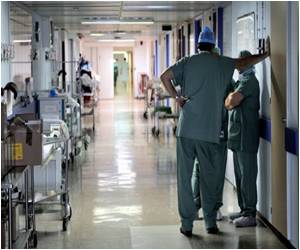
Peel Region – a municipality comprised of Brampton, Caledon and Mississauga – has 1.3 million residents, nearly one-quarter of whom are of South Asian ethnicity. South Asians are the largest and fastest growing visible minority group in Canada.
"South Asian patients aren't to blame for low cancer screening rates," said Dr. Aisha Lofters, a family physician and clinician scientist in the Department of Family and Community Medicine of St. Michael's Hospital. "There are significant barriers that need to be removed so we can really 'move the needle'."
Ontario's health system and its primary care physicians account for some of the barriers to cancer screening in Peel and across the country, according to the report. Long wait times for appointments and limited opportunities to talk about cancer screening hinder patients' opportunities to get screened.
Challenges for the South Asian community - and presumably other immigrant groups - include: patients' limited knowledge of cancer risk factors, tests and the success of modern treatment; a lack of education materials that are well-translated, easy-to-read and culturally-specific; and a shortage of partnerships between public health departments, primary care physicians and South Asian community groups.
"South Asian community organizations best-understood the challenges their community faced in the health system," said Dr. Lofters. "But they often don't have a seat at the table."
Advertisement
Source-Eurekalert














